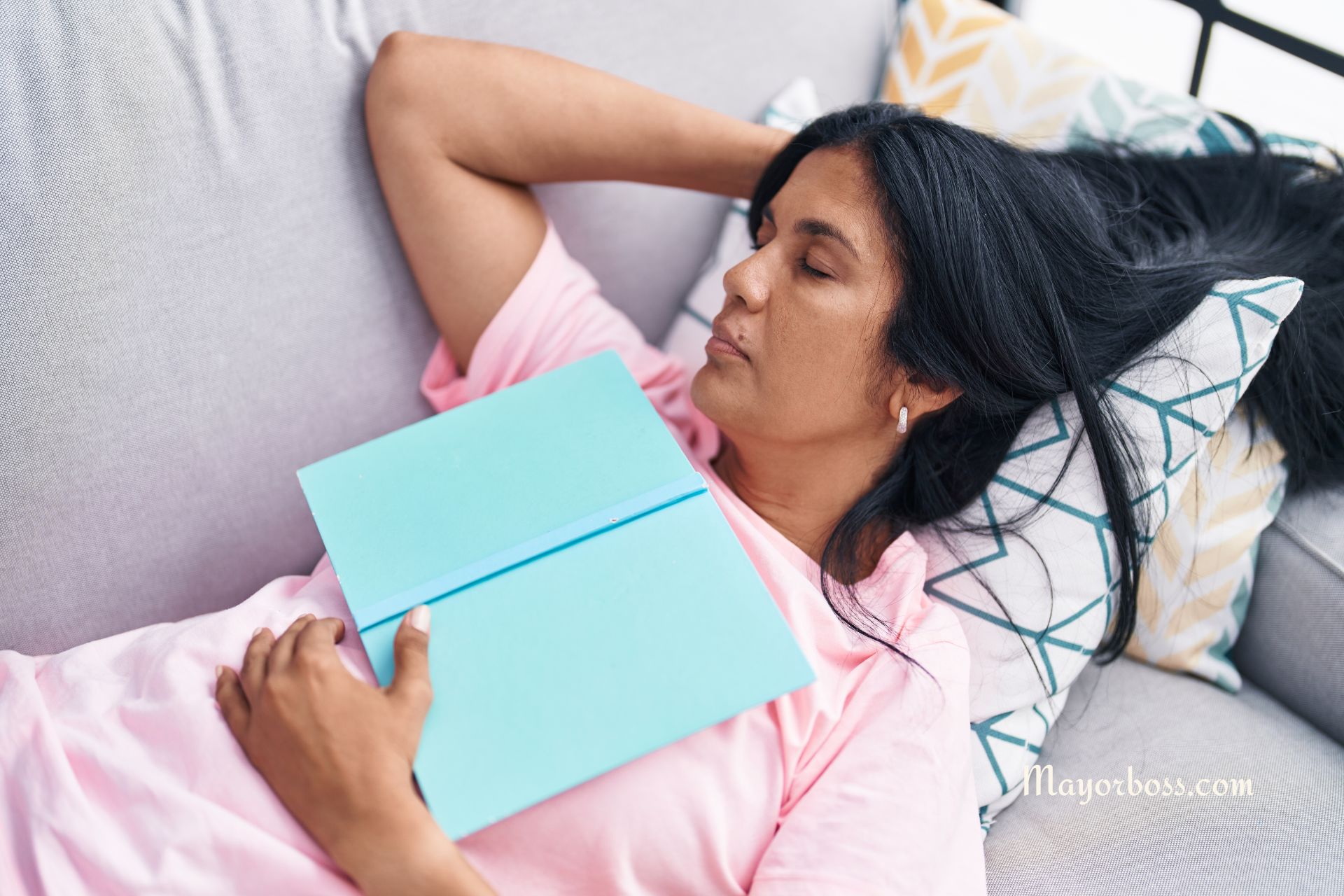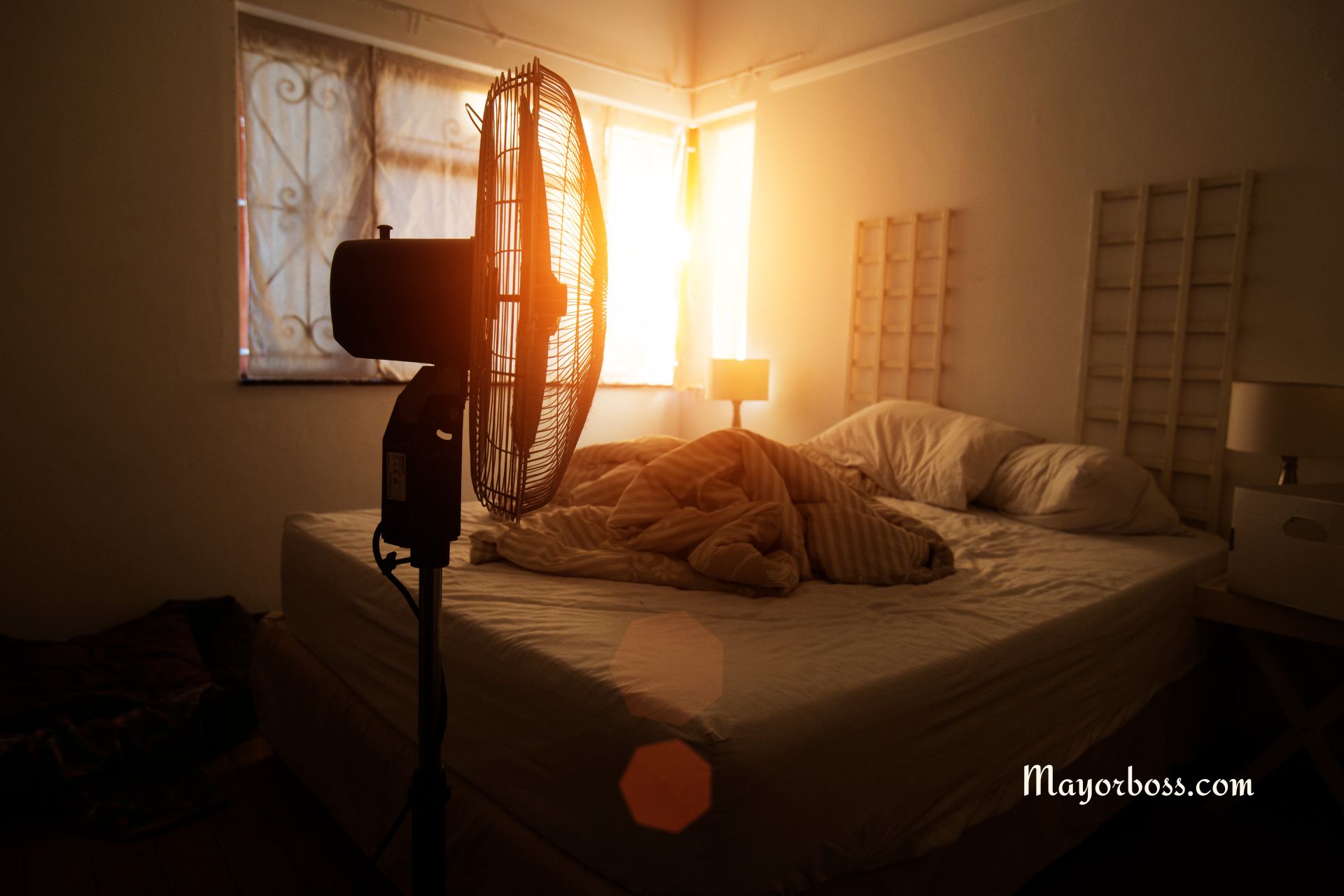It Is More Dangerous for Women Than Men to Sleep Too Little
Sleep isn’t just a period of rest—it’s a critical time for the body to repair itself, process information, and regulate various functions, including hormones, metabolism, and brain health. For women, these processes are intricately tied to sleep. But did you know that the effects of skimping on sleep might be more serious for women than for men? Yes, surprisingly, research suggests that women face greater risks from insufficient sleep compared to men. What are these risks, and why does this disparity exist?

The Unique Risks for Women
Studies have shown that women who don’t get enough sleep have a higher likelihood of developing heart disease. Now, you might be wondering: why is this the case? Well, sleep deprivation in women is linked to worse inflammation and changes in the body that are more severe than those seen in men. This can lead to increased stress on the heart.
Furthermore, lack of sleep affects women’s hormonal balance. This disruption can lead to irregular menstrual cycles, problems with fertility, and complications during pregnancy. It’s not just about feeling tired—this is about the entire reproductive health being at stake.
But there’s more. Have you ever considered how sleep affects mental health? Women are more likely than men to suffer from anxiety and depression, and poor sleep is known to exacerbate these conditions. It creates a vicious cycle: stress leads to poor sleep, which then feeds back into increased stress and emotional turmoil.
How Sleep Deprivation Affects Men and Women Differently
Interestingly, the body’s response to sleep deprivation differs between the genders. Women, it seems, are more likely to experience deeper levels of sleep deprivation. This means that their recovery needs are also greater. Men, on the other hand, often show fewer immediate symptoms of sleep deprivation, which might lead them to underestimate the importance of a good night’s rest.
So, what’s behind these differences? Part of it is biological. Women’s bodies are programmed differently, with fluctuations in hormones throughout the month that can significantly impact sleep quality. Moreover, societal and cultural expectations often demand that women juggle multiple roles, increasing stress levels, which in turn affect sleep.
Practical Tips for Better Sleep
So, what can you do if you’re a woman struggling with sleep? Here are some actionable tips that could help you improve your sleep quality:
- Have a sleep routine: Going to bed and waking up at the same time every day can significantly improve the quality of your sleep.
- Create a Restful Environment: Ensure your bedroom is quiet, dark, and cool. Consider using blackout curtains, eye masks, or white noise machines if necessary.
- Limit exposure to screens before bed. Phones and computers emit blue light, which can generally meddle with the production of melatonin, the hormone that regulates sleep.
- Consider relaxation techniques: Practices like meditation, deep breathing, or even a warm bath before bed can help signal to your body that it’s time to sleep.
- Mind Your Diet: Avoid large meals, caffeine, and alcohol before bedtime, as they can actually disrupt your sleep.
Frequently Asked Questions
1. How much sleep do women actually need? Women, like men, are generally recommended to get between 7 to 9 hours of sleep per night. However, individual needs can vary.
2. Can sleep aids help women sleep better? While sleep aids can be useful for short-term issues, they are not typically recommended for long-term use. It’s best to consult with a healthcare provider to address any underlying issues causing poor sleep.
3. Are there specific times during the menstrual cycle when women might need more sleep? Yes, during the menstrual cycle, particularly in the week before menstruation begins, many women report needing more sleep or experiencing poorer quality sleep due to hormonal changes.






